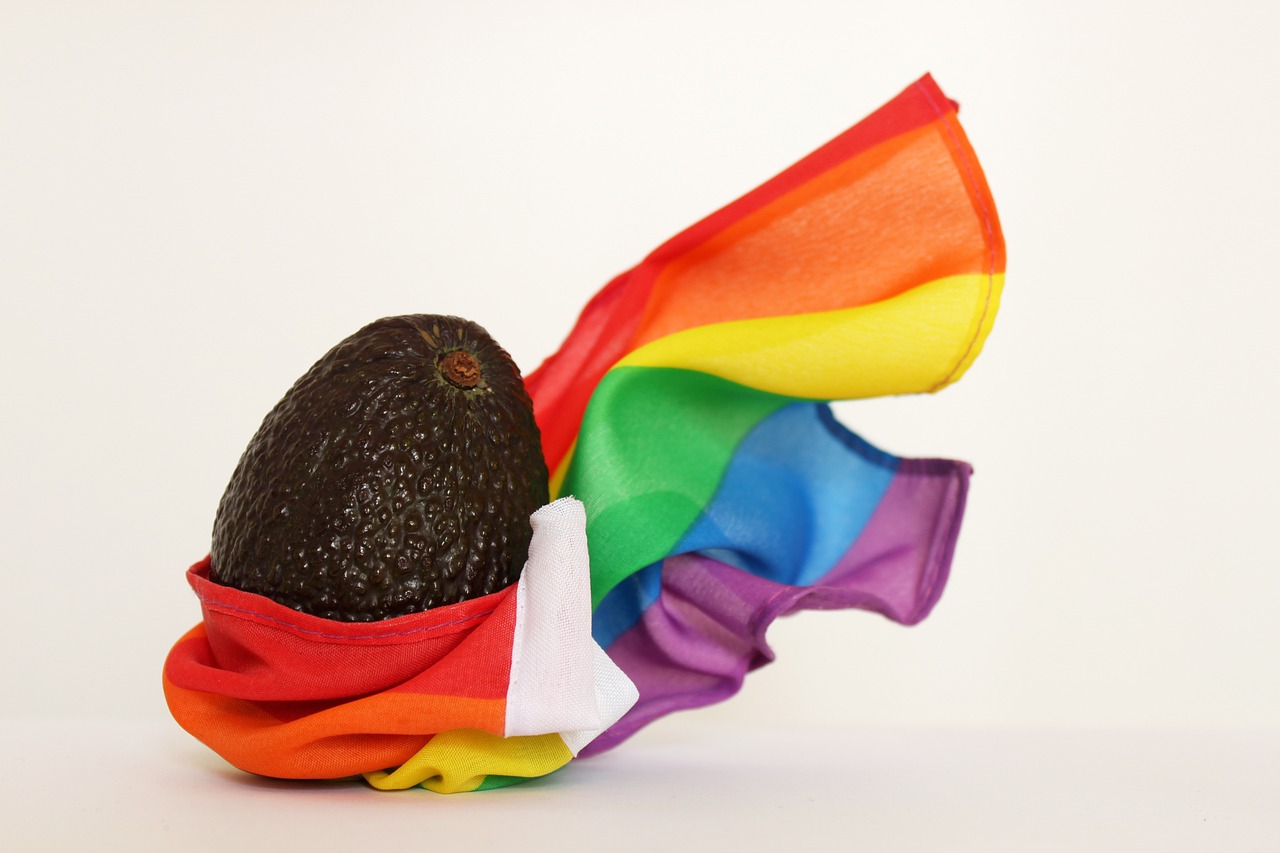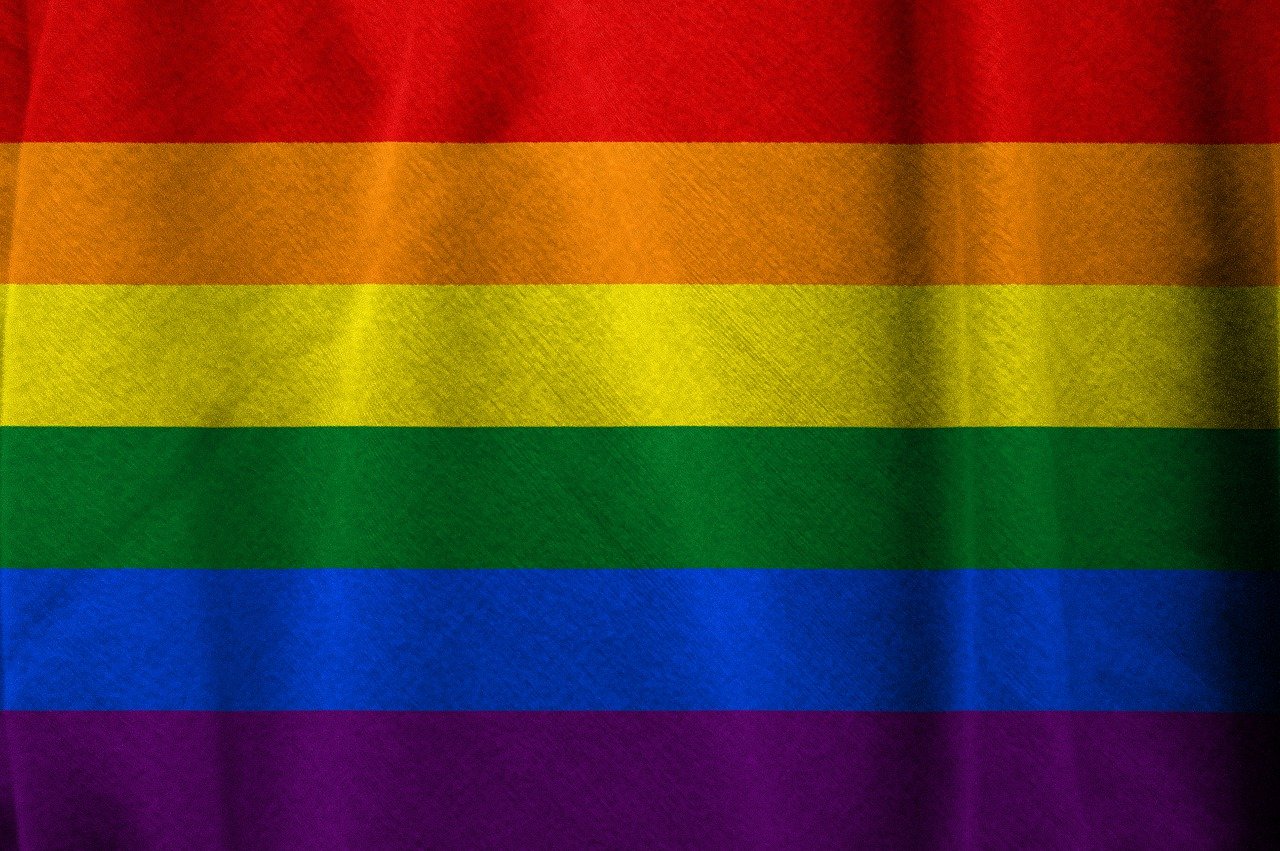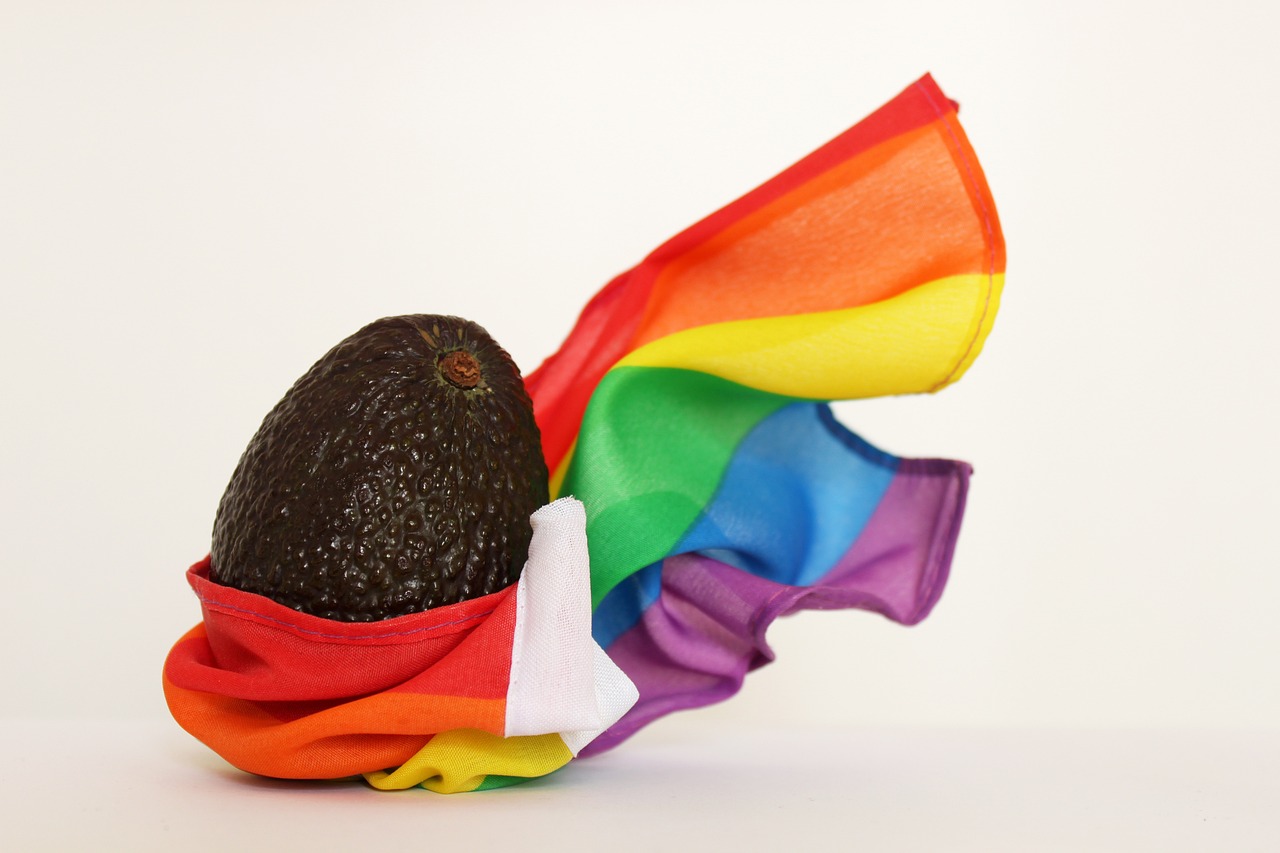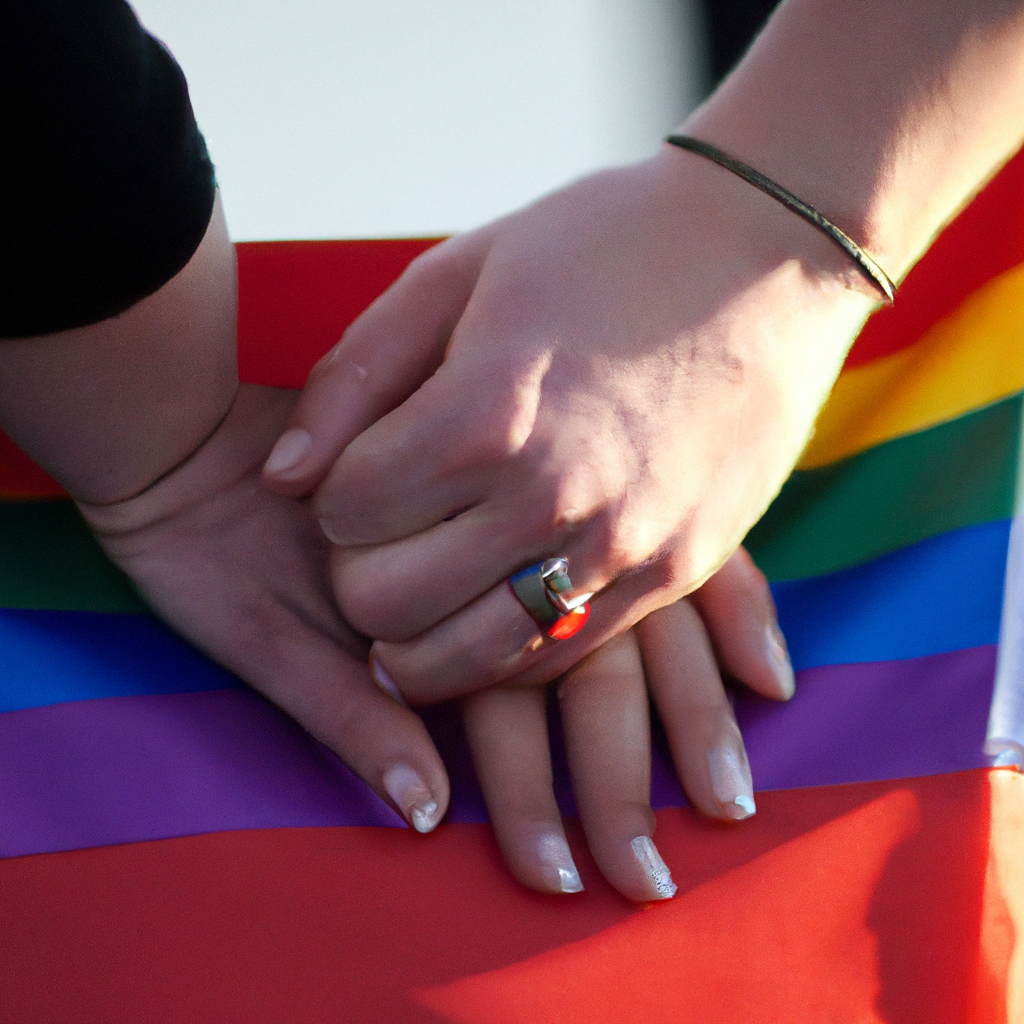
In today’s society, it is vital to create inclusive and supportive spaces for everyone, including gay married couples. With the increasing acceptance and legal recognition of same-sex marriages, it is natural for individuals in these relationships to seek out communities where they can connect with others facing similar experiences. This article aims to explore the availability and benefits of support groups and communities specifically tailored to the needs of gay married couples, offering a sense of belonging, understanding, and guidance as they navigate their unique journeys together.

What are support groups and communities?
Definition of support groups
Support groups are gatherings of individuals who share common experiences, challenges, or goals. They provide a safe and understanding environment where individuals can openly discuss their concerns and receive encouragement and support from others who are facing similar situations. Support groups can encompass a wide range of topics, including health conditions, relationship issues, and various aspects of life.
Definition of communities
Communities, on the other hand, refer to groups of people who come together based on shared interests, values, or identities. These communities are often formed to create a sense of belonging and support among individuals who can relate to one another’s experiences. Communities can be found both offline and online, with members engaging in activities, discussions, and events that foster connection and mutual understanding.
Importance of support groups and communities
Support groups and communities play a crucial role in providing a sense of belonging and understanding to individuals who may otherwise feel isolated or misunderstood. They offer a space for people to share their stories, seek advice, and find validation for their experiences. For many, these groups become a source of emotional support and empowerment, allowing them to navigate challenges more effectively.
The specific needs of gay married couples
Unique challenges faced by gay married couples
Gay married couples often face unique challenges that can differ from those experienced by heterosexual couples. From legal and financial hurdles to societal prejudice and discrimination, they may encounter a variety of obstacles that can impact their relationship and well-being. These challenges can include navigating adoption and parental rights, dealing with familial and societal acceptance, and addressing issues related to mental health.
Importance of understanding and support
Understanding and support are crucial for gay married couples to thrive in their relationship. By connecting with others who have similar experiences, they can find empathy and validation, which can be especially beneficial when facing adversity. Having a supportive network can also help couples gain insights and perspectives from others who have successfully overcome similar challenges.
Benefits of sharing experiences
Sharing experiences within a community or support group setting has numerous benefits for gay married couples. It provides an opportunity to learn from one another, exchange advice, and gain a sense of solidarity. By hearing different perspectives and approaches, couples can gather valuable insights and strategies to enhance their relationship and navigate the specific challenges they may face.
Support groups and communities for gay married couples
Existing support groups and communities
Several existing support groups and communities cater specifically to gay married couples. These organizations recognize the unique needs and challenges faced by these couples and provide a safe space for them to connect, share, and find support. Some examples include organizations like Marriage Equality USA, LGBTQ+ Family & Relationship Support, and the Human Rights Campaign’s Equality Federation.
Online platforms and social media groups
Online platforms and social media groups have become increasingly popular avenues for support and connection for gay married couples. Websites and forums such as LGBTQchat.net, Pride Counseling, and TrevorSpace offer dedicated spaces for individuals to reach out, discuss their experiences, and seek advice from others in similar situations. These platforms not only provide convenience but also allow for connections beyond geographical boundaries.
Local LGBTQ+ organizations
Many local LGBTQ+ organizations offer support groups and communities specifically designed for gay married couples. These organizations can provide a sense of local community and offer resources and events that focus on strengthening relationships and addressing the unique needs of married couples within the LGBTQ+ community. Connecting with these organizations not only provides support but also fosters a sense of belonging within one’s local community.
Religious or faith-based organizations
For individuals seeking both spiritual and emotional support, religious or faith-based organizations can offer support groups tailored to gay married couples. These groups, often led by LGBTQ+ affirming religious leaders, provide an opportunity to discuss challenges within the context of faith. They can be particularly helpful for couples who seek acceptance and understanding from their religious community while maintaining their commitment to their marriage.
Professional counseling services
Professional counseling services specialized in LGBTQ+ issues can be a valuable resource for gay married couples. These professionals have expertise in addressing the unique challenges and concerns faced by same-sex couples, offering therapy and guidance to navigate the various aspects of their relationship. Engaging with a counselor or therapist can provide couples with individualized support and tools to strengthen their marriage.
Benefits of joining support groups and communities
Emotional support and validation
One of the primary benefits of joining support groups and communities for gay married couples is the emotional support and validation they provide. Within these spaces, couples can share their joys and challenges without judgment and receive empathy and understanding from individuals who have faced similar situations. This support can be invaluable, especially during times of difficulty or when seeking affirmation for one’s experiences and feelings.
Sharing experiences and advice
Support groups and communities allow gay married couples to share their experiences and offer advice to one another. By engaging in open and honest discussions, couples can learn from the successes and failures of others, gain new perspectives, and acquire practical strategies to address their unique challenges. Sharing experiences helps couples realize they are not alone in their journey and fosters a sense of camaraderie.
Learning from others’ experiences
By participating in support groups and communities, gay married couples can learn from the experiences of others who have navigated similar challenges. Whether it’s finding effective communication strategies, dealing with external discrimination, or handling legal complexities, hearing how others have succeeded and overcome obstacles can provide couples with inspiration and guidance for their own situations.
Building a network of friends
In addition to support and advice, joining support groups and communities allows gay married couples to build meaningful connections and friendships. These relationships can extend beyond the confines of the group, providing a network of trusted individuals who can offer ongoing support and companionship. Having friends who understand the intricacies of their relationship can strengthen emotional bonds and create a sense of community.
Access to resources and information
Support groups and communities often serve as a valuable source of information and resources for gay married couples. Whether it’s legal expertise, mental health services, or guidance on family planning, these groups can provide access to a wealth of information that specifically addresses the needs of married LGBTQ+ individuals. This access to resources can prove instrumental in overcoming challenges and making informed decisions.

Tips for finding and joining support groups and communities
Researching online
Research online to discover support groups and communities specifically tailored to gay married couples. Utilize search engines and keywords that reflect your specific needs to find organizations, forums, and social media groups that align with your interests and goals. Explore websites and online directories that provide comprehensive listings of LGBTQ+ resources and support groups within your area.
Asking for recommendations
Seek recommendations from trusted friends, family members, or healthcare providers who may be aware of support groups and communities catering to gay married couples. Personal recommendations can provide valuable insights and firsthand experiences, helping you find groups that align with your preferences and needs.
Checking local LGBTQ+ centers
Local LGBTQ+ community centers often offer a variety of support groups and communities tailored to the needs of different individuals and couples. Check with these centers to inquire about any support groups specifically designed for gay married couples. These centers may also provide additional resources and events that can enhance your connection to the community.
Utilizing social media
Social media platforms can be excellent sources of support groups and communities for gay married couples. Explore LGBTQ+ forums and groups on platforms like Facebook, Reddit, and Twitter. Join relevant groups and engage with members to gain insights, share experiences, and find support. Remember to prioritize your safety and privacy while participating in online spaces.
Attending LGBTQ+ events and gatherings
Attending LGBTQ+ events and gatherings can be an excellent way to meet like-minded individuals and discover support groups and communities for gay married couples. Pride parades, conferences, and workshops often provide opportunities for networking and connecting with organizations and individuals who can guide you towards relevant support networks.
Common activities and discussions within support groups and communities
Sharing personal stories and experiences
Sharing personal stories and experiences is a common activity within support groups and communities for gay married couples. This allows individuals to connect, relate, and find solace in the shared challenges and triumphs of others. By opening up about their experiences, couples often gain valuable insights and validation for their own journeys.
Navigating family dynamics
Navigating family dynamics is a significant topic of discussion within support groups and communities. Gay married couples may face specific challenges related to their families, such as acceptance, communication, and the establishment of boundaries. Within these groups, individuals can share their strategies, seek advice, and receive support in navigating familial relationships.
Discussing legal rights and protections
Legal rights and protections are crucial considerations for gay married couples and are often discussed within support groups and communities. Sharing knowledge, resources, and experiences on matters such as adoption, estate planning, and healthcare can help couples understand and navigate the complexities of their legal status, ensuring they make informed decisions.
Exploring relationship dynamics
Support groups and communities provide spaces for gay married couples to explore various aspects of their relationship dynamics. Topics such as intimacy, communication, and conflict resolution are commonly addressed. By engaging in these discussions, couples can gain insights, learn from others, and enhance their relationship skills.
Addressing mental health and well-being
Support groups and communities prioritize the mental health and well-being of gay married couples. Topics related to mental health challenges, self-care practices, and coping strategies are commonly discussed. Couples can share their experiences, seek advice, and access resources that promote their overall well-being.

Maintaining privacy and confidentiality
Ensuring online safety
When participating in online support groups and communities, it is essential to prioritize online safety. Take necessary precautions to protect your identity and personal information. Avoid sharing sensitive details unless you feel comfortable and confident in the platform’s security measures. Familiarize yourself with the privacy settings and guidelines of the online spaces you engage with.
Confidentiality agreements
Some support groups and communities may have confidentiality agreements in place to ensure the privacy and trust of their members. These agreements establish guidelines for information sharing within the group, creating a safe and respectful environment where individuals feel comfortable sharing their experiences.
Choosing closed or private groups
Consider joining closed or private support groups and communities that require membership approval. This can help maintain a sense of security and minimize the risk of information being shared outside of the group. Closed groups often provide a more intimate and supportive setting, allowing for deeper connections and discussions.
Using pseudonyms or anonymous usernames
To further protect your privacy, consider using pseudonyms or anonymous usernames when engaging in online support groups and communities. This allows you to participate fully while maintaining a level of anonymity and safeguarding your personal information.
Professional support and resources
Engaging with LGBTQ+ counselors or therapists
Seeking professional support from LGBTQ+-affirming counselors or therapists can be highly beneficial for gay married couples. These professionals have specialized training and understanding of the unique challenges faced by same-sex couples. Engaging in therapy can provide couples with a safe space to explore and address their concerns while receiving guidance and tools to strengthen their relationship.
Mental health services
In addition to professional counseling, mental health services tailored for LGBTQ+ individuals can offer various forms of support. These services may include support groups facilitated by mental health professionals, workshops focusing on mental well-being, or access to LGBTQ+ affirming therapists. These resources can address psychological challenges and promote the overall mental health of gay married couples.
Legal consultation and advice
Consulting with legal professionals who specialize in LGBTQ+ rights and family law can provide gay married couples with invaluable guidance and support. These professionals can help navigate legal complexities, offer advice on issues related to marriage and family planning, and ensure couples have a thorough understanding of their legal rights and protections.
Financial planning and support
Seeking financial planning and support services specifically tailored to the needs of gay married couples can offer peace of mind and security. Financial advisors who specialize in LGBTQ+ finances can provide guidance on joint bank accounts, tax considerations, retirement planning, and other financial aspects unique to same-sex marriages.

Challenges and limitations of support groups and communities
Accessibility and availability
One challenge of support groups and communities is their accessibility and availability. Not all areas may have dedicated groups or organizations for gay married couples, making it difficult for individuals in certain locations to access in-person support. Additionally, online spaces may require reliable internet connectivity, which may not be accessible for everyone.
Navigating conflicting advice
Joining support groups and communities may expose individuals to varying opinions and advice. This can be both beneficial and challenging, as couples may need to navigate conflicting guidance. It is essential to approach discussions with an open mind and consider the unique aspects of your relationship when discerning which advice aligns best with your particular circumstances.
Lack of diversity within groups
Support groups and communities may lack diversity, making it challenging for individuals to find representation and understanding that reflects their specific intersectional identities. It is crucial to actively seek out groups that prioritize inclusivity and strive to create spaces where all voices are valued and heard.
Conflicting personal experiences
While support groups and communities aim to provide empathy and understanding, it is important to recognize that personal experiences will differ. Different couples may have had varying levels of support, challenges, and successes. This variation can occasionally create a sense of discord, emphasizing the importance of respectful dialogue and a non-judgmental approach within these groups.
Conclusion
Support groups and communities specifically tailored for gay married couples offer invaluable support, understanding, and resources. By connecting with others who share similar experiences, challenges can be navigated more effectively and couples can find empowerment and validation. From online platforms and local LGBTQ+ organizations to professional counseling services, a variety of avenues exist to access support and build a network of friends. By joining these groups, gay married couples can enhance their relationships, address their unique challenges, and thrive in a supportive community that understands their needs.





